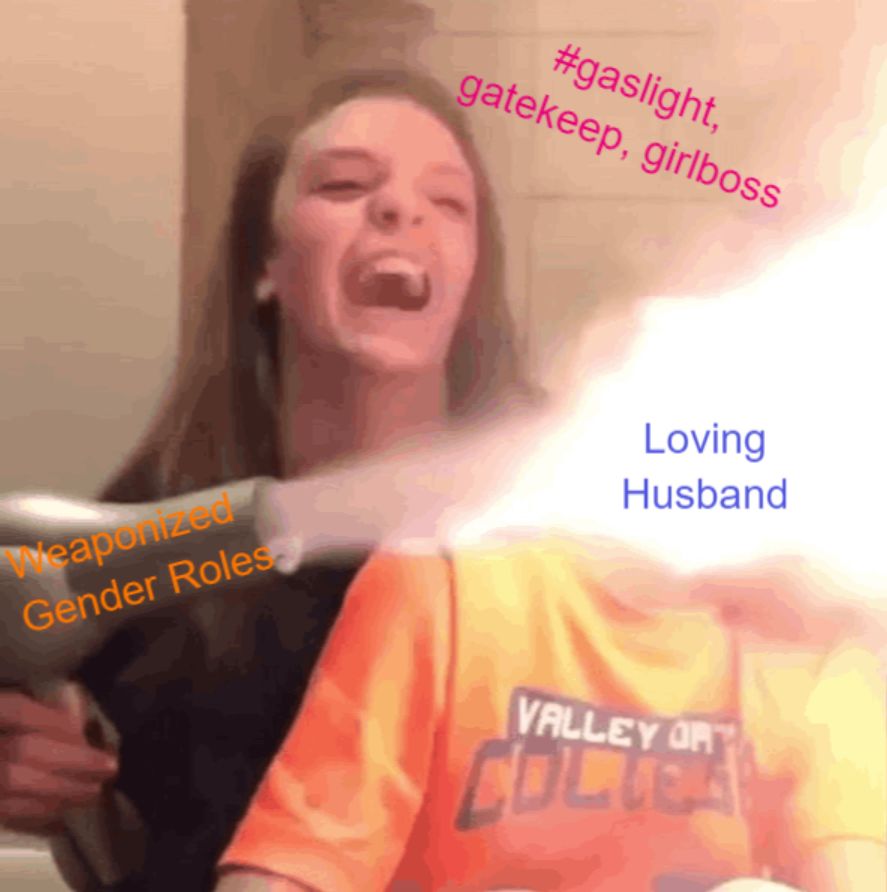From the founder's desk: ChatGPT or How I Learned to Stop Worrying and Love Computing in Education
This is the sort of post where you know it and we know it, but lots of people who don't know it are chatting about it, so we had to write it. The "it" is this: Using ChatGPT for writing essays isn't the kind of problem that pundits want to make it out to be.
Here are three reasons why we don't need to be worried about ChatGPT making the essay obsolete:
- We were already moving to a world that looks more like the "Flipped Classroom". That is to say, a world where classroom time is increasingly dedicated for synthesis, and at-home time is increasingly dedicated to instruction. In a world where learning material was scarce, classroom time needed to be used more exclusively for direct instruction. That's of course no longer the case – students often rely on Google, Wikipedia, YouTube, KhanAcademy, and maybe one day ChatGPT, to understand subject matter. As they should, that's the world they'll live in. Now that learning material is abundant, we can use in-class time for synthesis and higher-order tasks.
- ChatGPT won't approach human ingenuity for a long time. While self-driving cars feels like a phenomenon that's only a decade old, in reality it's been effort 80-years-in-the-making. And, weirdly, only a few years ago it felt more imminent than it does today. That's because AI, like many things, follows a version of the Pareto Principle, or the 80/20 rule: 80% of outcomes comes from 20% of the effort. Yet as we all know, you can't be 80% of a good driver, and similarly you can't be 80% of a good essay writer. The last mile in AI, whether it's in self-driving or essay-writing, takes a lot longer to traverse than it might seem. And as many educators have found, your average ChatGPT essay is still pretty bad.
- The world isn't static. When the car was invented, we also invented traffic signs and road markings to keep cars in line. Mere weeks after the introduction of ChatGPT we had GPTZero, which helps detect essays that plagiarize or are based off ChatGPT.
But those are reasons not to worry. Here are three reasons to be excited about what ChatGPT and AI has to offer in education:
- Students can engage in a more diverse set of activities than ever. The essay is sort of one-size-fits-all; wherever synthesis needed to be done, the five-paragraph essay could fill the gap. Computing has given us a vastly greater diversity of activities to suit the subject matter and classroom culture. While many questions are yet unanswered, and humans are notoriously bad at predicting consequences, the trajectory of technology in educations suggests that more tools than ever will be at our disposal.
- Inspecting and inquiring with ChatGPT might be an interesting activity unto itself. Evaluation is the second run in Bloom's Taxonomy for a reason — it's highly enriching to stand up in the face of (what may appear to be) information and quibble with it or reject it. Observers of ChatGPT have noted that its bugs as an essay writer could well be turned into features by having students address its inaccuracies.
- Humans are still gonna human. ChatGPT isn’t studying history or, say, physics, so much as it’s learning from the stories that humans have told about history. Every novel story created by a human since ChatGPT was last trained is a story that ChatGPT has yet to learn, which means it'll always be one step behind. There are a kajillion-and-one ways to have students tell novel stories, like with video-based storytelling on Flip, Tier Lists on Canva, or meme creation on Antimatter.
Consider this "Guess the MacBeth character" created by a teacher in an exercise on Antimatter:

ChatGPT is still years and years away from being able to be funny, let alone to tell visual, story-like humor. Which is to say, there's still near infinite novelty in the world that ChatGPT and other AI systems can't approximate. Moreover, taking the baseline provided by technology and infusing humor constitutes a near-ideal balance of evaluation and synthesis, and provides a high degree of payoff for students and teachers alike.
It's human nature to worry in the face of new technology, but with a little patience, it's easy to imagine how new tools can be used in novel, productive ways. You might even say that new technology is what makes human human, and through technology, there's a heckuva lot more human curiosity to be nurtured and developed, especially in the classroom.
Ready to get started?
Reminder: It's free. Click here to get started.
Still unsure? Schedule a demo with the Antimatter team or join an upcoming workshop.
Aaand that's a wrap! (◕‿◕)

